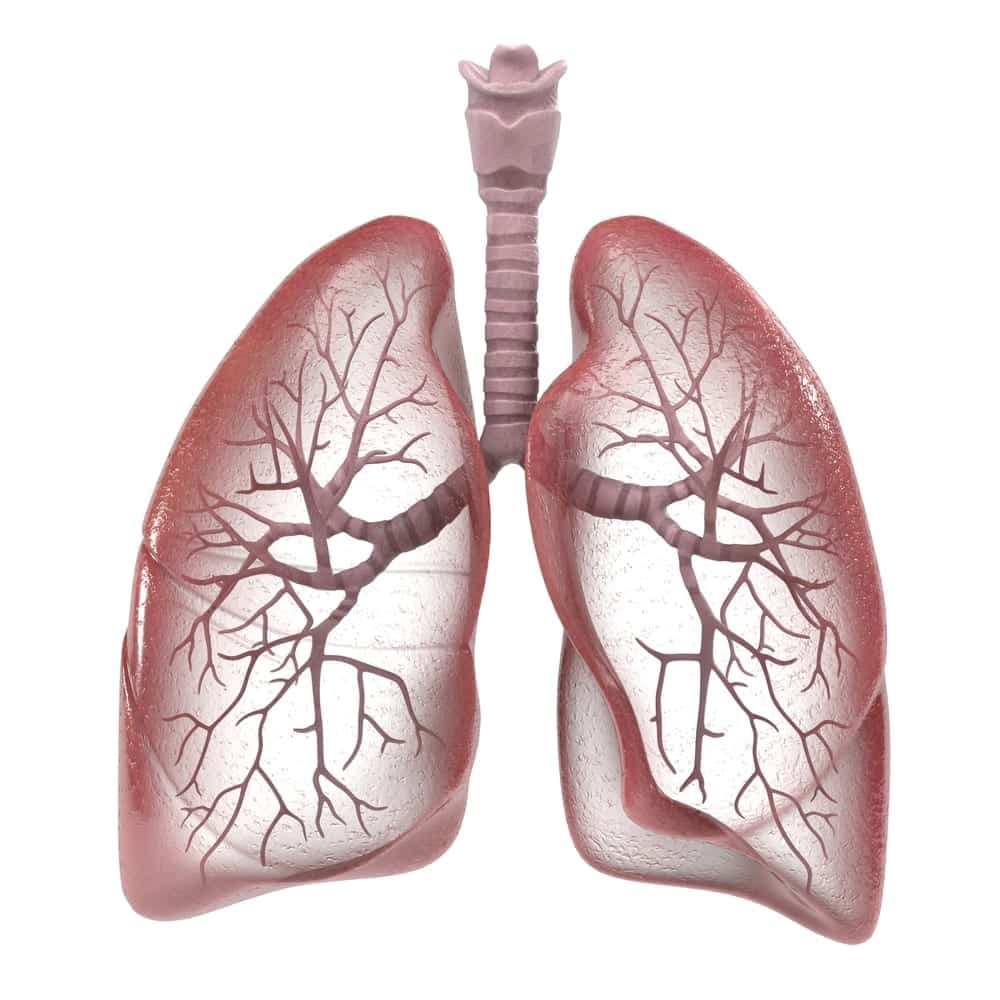SARS-CoV-2 has a certain versatility in invading organs such as the kidneys, lungs, and liver. Physicians treating patients and scientists in research settings are witnessing firsthand how it can devastate those organs. It is unclear, however, whether the damage is due directly to the virus or is indirect damage from complications.
The disease processes in COVID-19 are hidden within the body, and they can be more easily understood when viewed in a lab. But the traditional approach of studying viruses in cell lines does not work well with SARS-CoV-2 because the virus’s behavior in those cell lines does not mimic its process in the human body.
To solve this problem and get a look at how SARS-CoV-2 affects the body, multiple research groups have grown miniature organs, called organoids, from cells in a lab. “The beauty of organoids is that they resemble the true morphology of tissues,” said Thomas Efferth, a cell biologist at Johannes Gutenberg University Mainz in Germany.
Organoids can be grown to include multiple cell types and accurately show how the virus affects human tissue. Studies using organoids are also far less expensive than animal models and have fewer ethical concerns. But since these studies do not demonstrate the cross-talk that occurs between living human organs, they will have to be validated in animal models and clinical studies.
The Upper Airway and Lungs
One of the key findings from organoid studies is a clearer picture of the effect SARS-CoV-2 has on the upper respiratory system, from the upper airway to the lungs. A team of stem cell biologists at Kyoto University in Japan developed bronchial organoids with four distinct cell types. The organoids were grown from frozen cells taken from the epithelium of the outer bronchial layer. After infecting the organoids with SARS-CoV-2, the team found that the virus mainly targets basal cells, the stem cells that replenish the epithelium.
Once it has entered the upper airway, the novel coronavirus can spread to the lungs and cause respiratory failure. A team of researchers from Weill Cornell Medicine created miniature lungs in a dish and infected them with SARS-CoV-2. Their approach to organ creation used pluripotent stem cells, which can develop into any organ in the body. The study showed that some cells die after being infected and that the virus induces the production of certain proteins: chemokines and cytokines. These proteins can trigger a massive immune response in severe COVID-19 patients called a cytokine storm, which can be fatal. But it remains unclear why the lung cells are dying — whether it is damage caused by the virus, self-induced destruction, or the reaction from the cytokine storm.
How SARS-CoV-2 Spreads to Other Organs
From the lungs, the virus can spread to other organs in the body. Another recent study experimented on organoids also made from pluripotent stem cells, showing that the virus can infect the endothelium — the cells that line blood vessels. This allows viral particles to leak into the blood and circulate around the body. Pathology reports from COVID-19 patients frequently show damaged blood vessels.
The kidneys are also commonly affected by SARS-CoV-2. Similar to the lungs, experiments with kidney organoids showed that some kidney cells died after being infected, but researchers are unsure whether this is the cause of the dysfunction shown in the kidneys of some COVID-19 patients.
A study of liver organoids at Fudan University in Shanghai showed that the virus can infect and kill cells that contribute to bile production, called cholangiocytes. Originally, scientists posited that liver damage in COVID-19 patients was caused by either drug side effects or a hyperactive immune response. But this team’s work shows that the virus can directly destroy the liver tissue.
The Future of Organoid Studies
The use of organoids helps show the virus-host interaction in its inception, but it is too early to determine the relevance of these studies. Studies of more complex organoid systems are necessary to better understand how the virus interacts with the human immune system. Nonetheless, researchers are confident that the virus causes damage outside of the lungs, and that damage is probably due to a combination of viral infection and a cytokine storm.
Organoids could also be used to model the effects of treatment in the body. These lab-grown organs more accurately reflect disease processes and show how treatment options might mitigate them. Some research groups are also testing existing drugs against the SARS-CoV-2 in organoids, with some success. “We will only know at the end of this process what the predictive value of these systems are for testing drug efficacy,” says Bart Haagmans, a virologist at Erasmus MC in Rotterdam, the Netherlands. “This is a long-term process.”
Since 1995, QPS has provided discovery, preclinical and clinical drug development services. QPS has CLIA-certified and GLP-compliant laboratories ready to fast-track your novel coronavirus RT-PCR/QPCR and serological assays and vaccine development programs. An award-winning leader focused on bioanalytics and clinical trials, QPS is known for proven quality standards, technical expertise, a flexible approach to research, client satisfaction and turnkey laboratories and facilities. For more information, visit www.qps.com or email info@qps.com.





